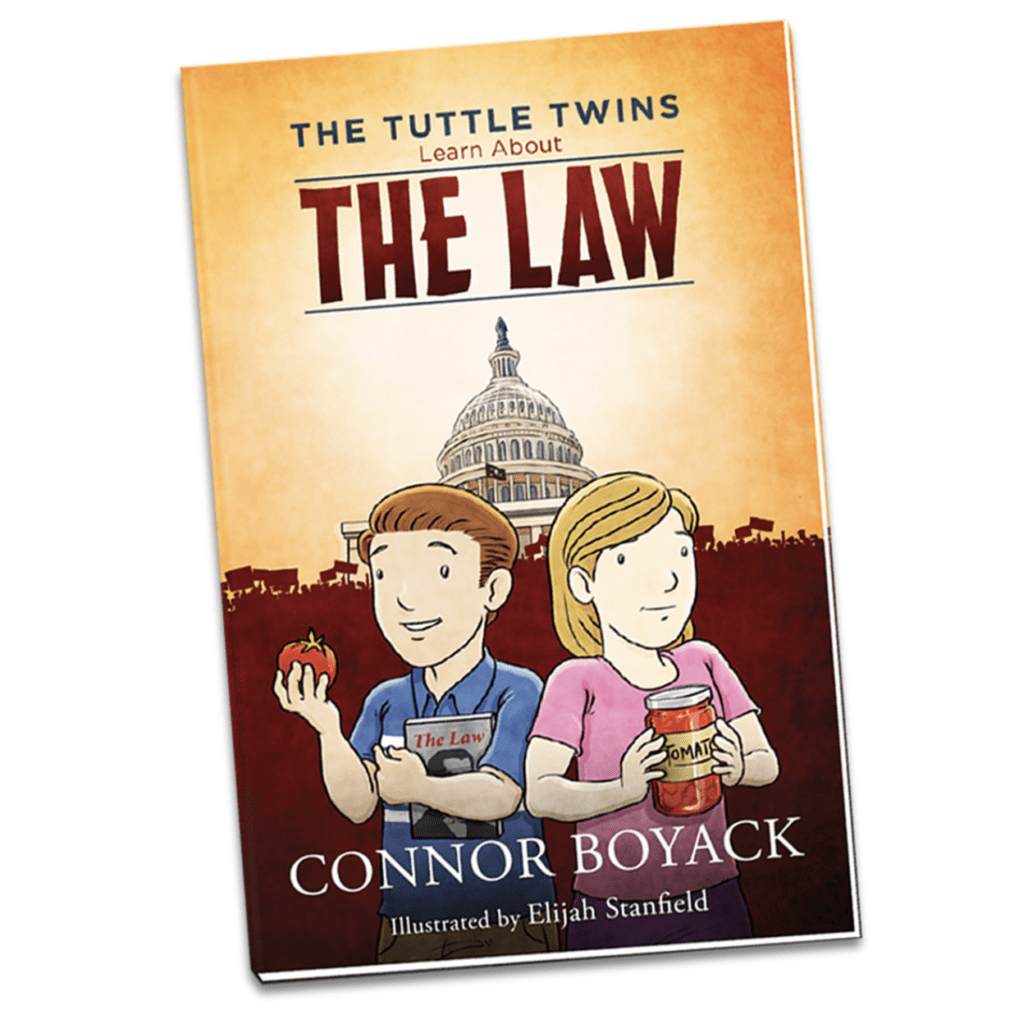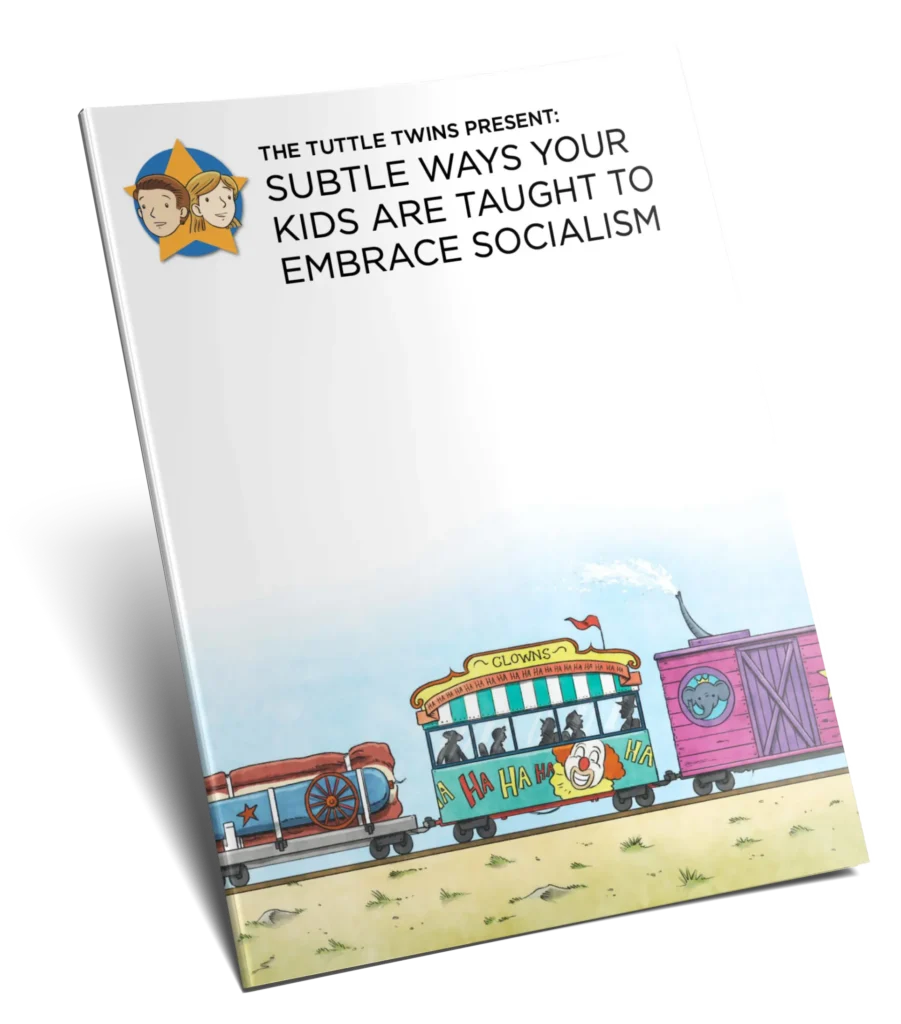Why would anyone want to be a lifelong learner? It sounds like it would be a lot of work! Can’t we just get our 13 years of public education and maybe a few years of college and call it good?
Lifelong learning can be defined as an ongoing, self-motivated desire to pursue knowledge for personal, spiritual, and professional purposes. There is no maximum level of learning. We are constantly learning; either through voluntary effort and purpose or through passive absorption of whatever our environment throws at us.
Being a lifelong learner has many benefits that make the effort worthwhile. Here are a few reasons why someone might want to be a lifelong learner: 
- Personal growth: Lifelong learning helps individuals develop new skills, knowledge, and perspectives. This can lead to personal growth and fulfillment.
- Professional development: In today’s rapidly changing job market, it’s important to stay up-to-date with the latest trends and skills. Lifelong learning can help individuals stay competitive in their field and advance their careers.
- Cognitive health: Studies have shown that learning new things can improve cognitive function and prevent cognitive decline.
- Social connections: Lifelong learning can provide opportunities to meet new people and make new social connections, which can enhance personal and professional networks.
- Enjoyment: Learning can be enjoyable and rewarding, and lifelong learners often find that they have a greater appreciation for the world around them.
Here are some tips lifelong learners give for staying ahead of the curve:
Be responsible for your learning
We can blame a bad teacher or unsupportive parents for our disdain for learning—formal education isn’t always practical for real life, and some parents fall short even if they do the best they can.
Ultimately we are responsible for our own outcome when it comes to learning. We become acutely aware of this after our school days are over and we are faced with the task of getting a job and, hopefully, starting our adult life. At this point there is no one to blame if we do not have the knowledge we need for the lifestyle we desire.
Our knowledge level will be defined by the effort we put into achieving it.
A learner isn’t afraid to ask questions
Some people think that having to ask for help or clarification is a weakness. But it actually shows a great deal of curiosity and maturity! Be confident enough to ask questions when you don’t have the answer. You will instantly know more than you did before you asked your question.
Find your learning tools
Discovering how you learn and what tools are most beneficial to your learning style is key to enjoying the lifelong learning process.
Do you learn best by watching videos? Maybe you remember things when you read and study them. Does taking notes and reviewing them later clarify things in your mind? Perhaps you like to think out loud to rehearse what you learned.
There is no wrong way to learn. Find your learning style and nurture it with the proper tools.
Did you know that voluntary learners have a higher success rate than those who are forced to learn?
Make a list of things you want to learn
This list can be as long as you want. Write down everything you have ever wanted to learn. It could be anything from mastering a foreign language to building your own home. Nothing is too small, too big, or too out of reach. Then prioritize the list. What can you start right now? What may have to wait till you have saved for it or until you have a place to practice it?
Having a list to reference helps keep you goal-oriented. It helps to keep it in a place you’ll see often!
Make a plan and set your goals
There is something exciting about making plans and setting goals. It feels like you are on your way to becoming successful in your learning endeavors.
Visualizing your goals can give you added encouragement, so set reminders on your phone, or create a vision board that you see every morning when you wake up!
Broaden your perspective by trying new things
When you have an opportunity to try something new, seize it! Trying new things keeps our brain sharp.
You will discover things about yourself and the world around you that stimulate your mind and excite your passion for learning. Use your imagination to expand your mindset beyond where you are. Lifelong learners know that change can lead to great results so welcome change in your life and embrace it.
Don’t be afraid to step out of your comfort zone. Whether you succeed or not, you have learned something new and that feels good.
Apply what you learned
Pick up that hammer and start building. Sit down at that computer and start writing. You’ve learned things, now apply them.
Remember that mistakes are part of the learning process and nothing to be ashamed of or be discouraged by. Mistakes make you more resilient and stronger.
Learning new skills is a way of showing love as you share your love for lifelong learning with others. Share your hobbies and projects you have been working on. You can encourage others to become lifelong learners as they see you sharing and enjoying your new found knowledge and talents!
No matter your age or circumstance, there are opportunities to increase your learning and turn it into a lifelong habit. Even kids can learn how to become lifelong learners!  If you’re a parent looking for an engaging way to teach your kids about economics, liberty, and critical thinking, look no further than the Tuttle Twins book series! These books are perfect for parents who want to give their children a solid foundation in important ideas and values, all while encouraging a love of reading.
If you’re a parent looking for an engaging way to teach your kids about economics, liberty, and critical thinking, look no further than the Tuttle Twins book series! These books are perfect for parents who want to give their children a solid foundation in important ideas and values, all while encouraging a love of reading.
With titles like The Tuttle Twins Learn About the Law, The Tuttle Twins and the Road to Surfdom, and The Tuttle Twins and the Fate of the Future, these books make complex concepts accessible and fun for kids of all ages. They are written in a way that sparks curiosity and encourages critical thinking, helping your children to become more informed and responsible citizens.
So what are you waiting for? Join Ethan and Emily Tuttle on their exciting adventures and help your children become lifelong learners with the Tuttle Twins book series.
Order your copies today and start your journey towards a brighter future!


 If you’re a parent looking for an engaging way to teach your kids about economics, liberty, and critical thinking, look no further than the Tuttle Twins book series! These books are perfect for parents who want to give their children a solid foundation in important ideas and values, all while encouraging a love of reading.
If you’re a parent looking for an engaging way to teach your kids about economics, liberty, and critical thinking, look no further than the Tuttle Twins book series! These books are perfect for parents who want to give their children a solid foundation in important ideas and values, all while encouraging a love of reading.
